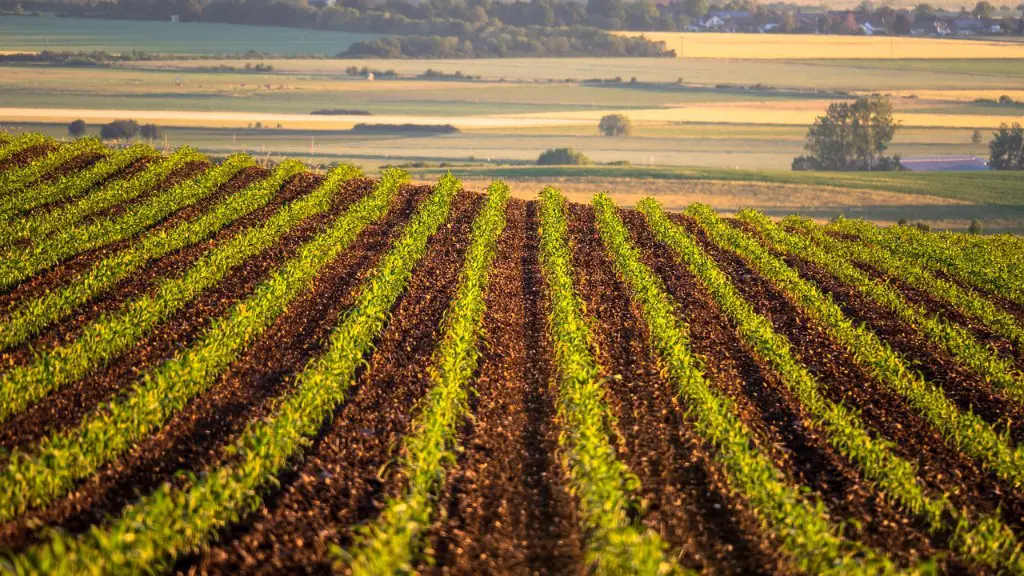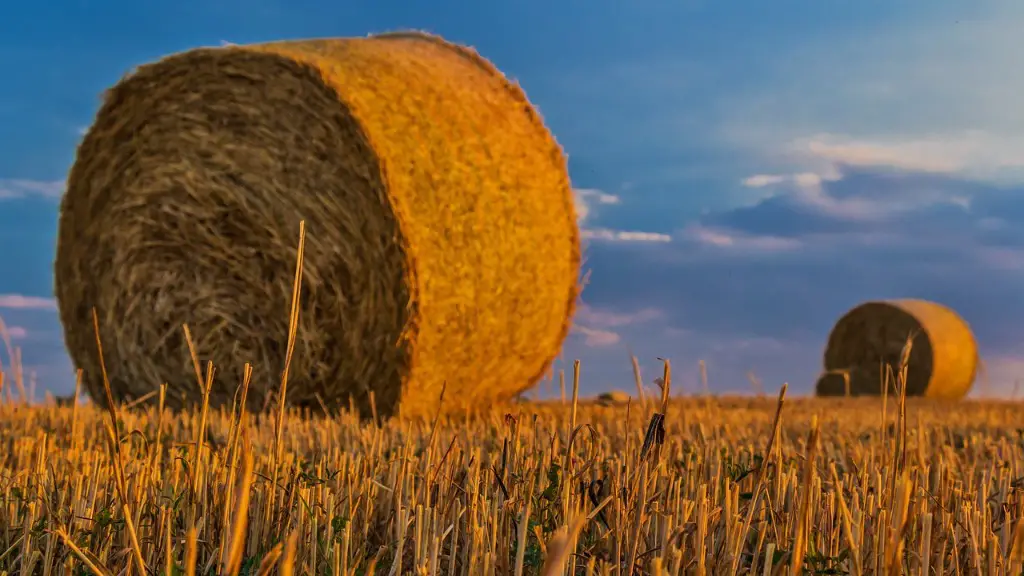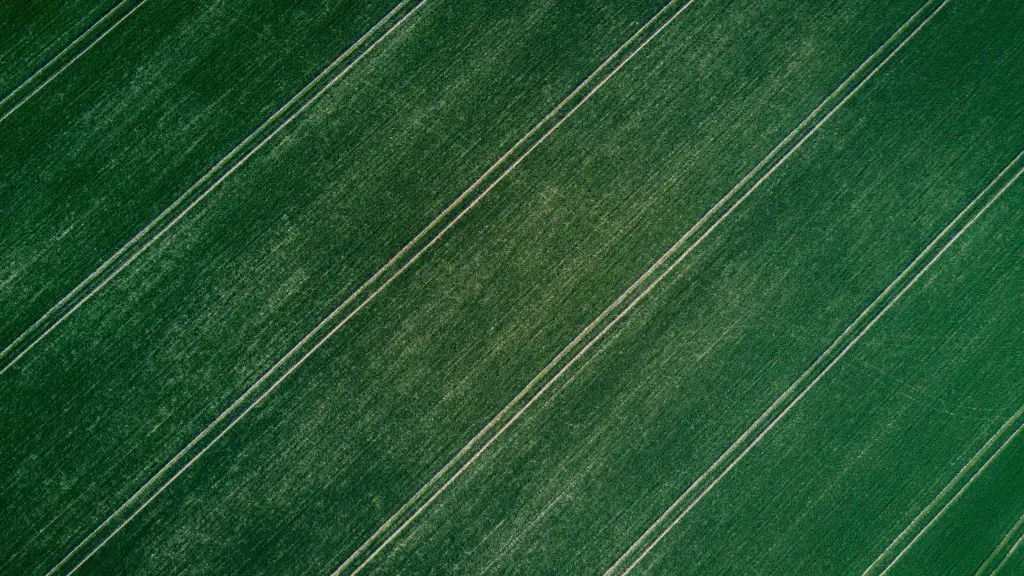Agriculture is an instrumental contributor to climate change. With increased resource consumption and the use of fertilizers and other environmentally damaging land management practices, Agriculture is increasingly viewed as a major factor in the emissions contributing to global warming. Global warming is a major issue, as it has a direct impact on all areas of life, from economy to health to food availability. The direct harms of Agriculture to the climate can be seen in the destruction of land, water and biodiversity.
The increase in agriculture has contributed to many problems associated with climate change, these include increased concentrations of greenhouse gases in the atmosphere, soil degradation, desertification and the destruction of natural habitats. Greenhouse gases, including carbon dioxide, methane and nitrous oxide, trap heat in the atmosphere and contribute to the rise in global temperatures. Soil degradation is caused by unsustainable land management such as intensive farming and deforestation, which translates to reduced water retention capabilities in soil and less fertile land.
Agriculture also has an indirect effect on climate change due to the fact that it is a major contributor to air pollution, contributing to smog and acid rain. The burning of farm and industrial waste and the emission of methane, a highly potent greenhouse gas, has led to increased concentrations of some pollutants in the atmosphere, including carbon dioxide and greenhouse gases. The increased pollution has caused global temperatures to rise, leading to extreme weather events such as flooding, droughts, hurricanes, and a dramatic increase in the intensity of storms.
Further, the destruction of habitats for agricultural production has reduced biodiversity and altered the composition of ecosystems. The destruction of habitats has caused increased levels of carbon in the atmosphere and has been linked to a decrease in the rate of photosynthesis and a subsequent decrease in oxygen levels in the atmosphere. This decrease in oxygen levels has had a direct impact on animal and plant life, further contributing to climate change.
Agricultural production also has a negative impact on water resources, with intensive farming leading to over-pumping of aquifers and the runoff of agricultural pollutants into rivers and streams, contaminating water sources and resulting in an increased risk of water-borne diseases. Additionally, irrigation in dry areas increases the rate of evapotranspiration, resulting in an increased likelihood of drought.
Overall, agriculture has had a significant impact on the climate as a result of extensive resource consumption, soil degradation, air pollution, destruction of habitats and water resource depletion. Recent efforts to focus on sustainable agriculture practices have started to address many of these issues, however, more needs to be done if we are to mitigate the effects of climate change on the planet.
Fossil Fuels in Agriculture
The use of fossil fuels in the agricultural sector contributes to climate change in a few different ways. Firstly, by burning fossil fuels such as coal, oil and gas, we release large quantities of carbon dioxide into the atmosphere. Secondly, fossil fuels are used to power machinery in the agricultural sector, with tractors, harvesters and other equipment consuming massive amounts of energy. Finally, the production of fertilizers for crop cultivation utilizes fossil fuels, further increasing emissions.
Food Waste
Another significant contributor to climate change from Agriculture is the production of food waste. Approximately one-third of the food produced on the planet is wasted, with the majority occurring in the developed world. The production of such large amounts of food has a direct impact on the environment, both in terms of the energy and resources used to create the food, as well as the emissions produced in the transport and storage of food.
Crop Production
Crop production has long been seen as a major contributor to climate change, however, recent developments in sustainable agriculture practices are beginning to make a difference. Sustainable agriculture practices, such as crop rotation, cover cropping, and the use of native species, have been shown to reduce emissions, improve soil fertility and conserve water. Additionally, sustainable agriculture methods can reduce the amount of chemical pesticides and fertilizers used, reducing the emission of ozone-depleting substances and greenhouse gases.
Livestock Production
Livestock production is one of the major contributors to climate change, due to its production of greenhouse gases. Cattle, sheep and other livestock animals produce large amounts of methane, which contributes to global warming. Additionally, the production of animal feed for livestock requires large amounts of energy, land and water and can produce large amounts of water and air pollution.
Water Usage
Water usage is an important factor in the production of agricultural crops, with large amounts of water needed for irrigation and other crop production tasks. The overuse of water can lead to droughts and a decrease in water resources, further contributing to climate change. Additionally, the overuse of water causes water pollution, which has a direct impact on the environment and the health of nearby populations.
Soil Quality
Agricultural production also has an impact on soil quality. Over-cultivation and over-grazing can reduce the fertility of soil, making it harder for plants to grow and reducing its ability to hold water. Poor soil quality can cause a decrease in crop yields, leading to food insecurity, as well as reducing biodiversity and contributing to desertification.



